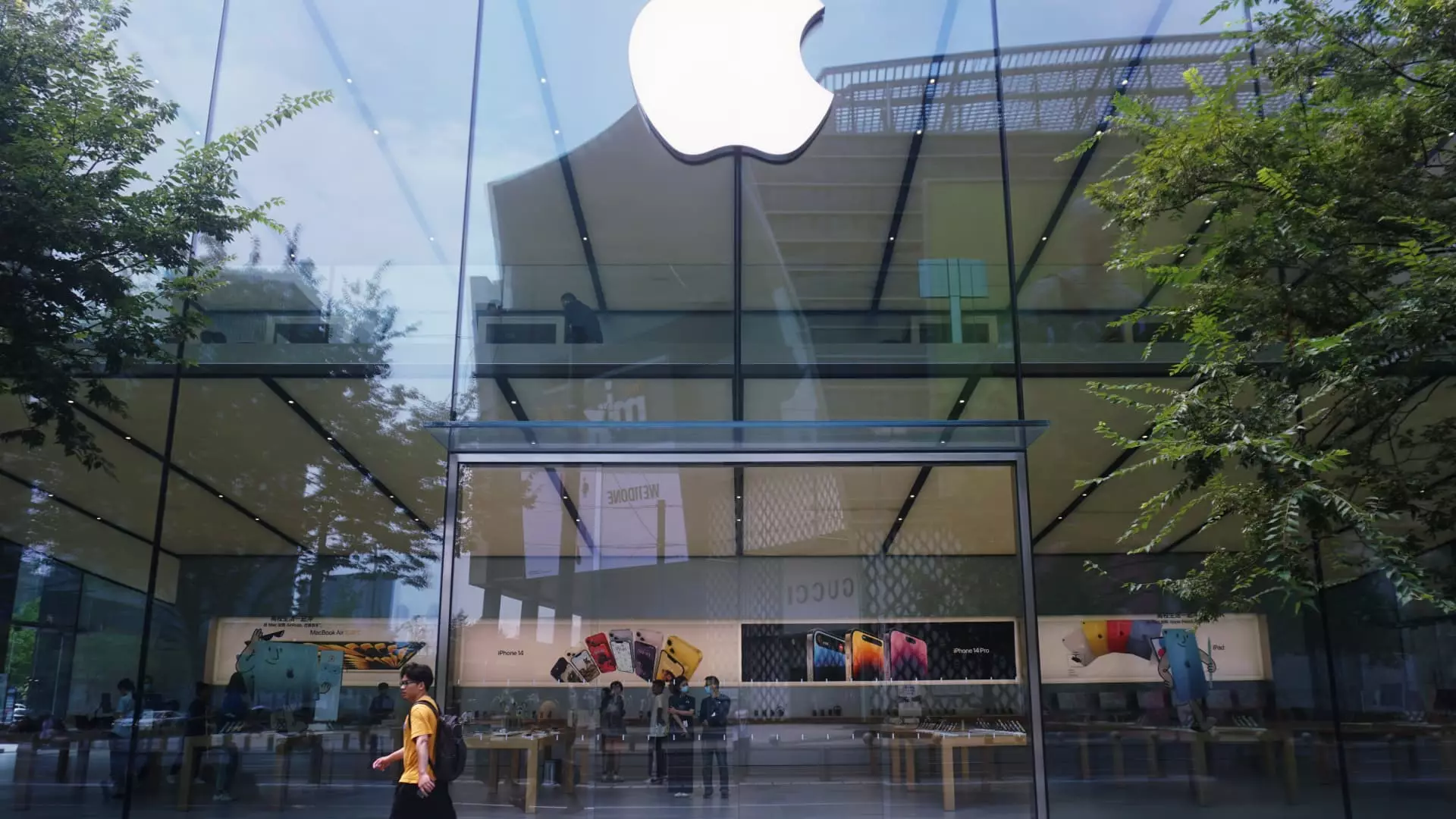In recent months, the technology industry has become enamored with the idea of foldable smartphones, particularly the prospect of Apple entering this space. While many speculate about the imminent arrival of an iPhone that folds, the reality remains murky. Behind the scenes, a Chinese glass manufacturer, Lens Technology, is positioned as a major beneficiary of this anticipated shift. Yet, this enthusiasm often clouds pragmatic evaluation. The push for foldable iPhones may seem revolutionary, but strategic skepticism suggests it is more likely a volatile gamble rather than a certainty. The industry’s fixation on “the next big thing” often leads investors and consumers alike to overlook fundamental questions about feasibility, demand, and sustainability.
The Overhyped Supply Chain Race
Lens Technology, a key supplier in the foldable display arena, exemplifies how hype can inflate expectations. The company recently went public in Hong Kong, raising nearly $610 million—a move praised by analysts for enabling future investments in R&D and capacity expansion. US hedge fund giant Steve Cohen’s infusion of capital underscores confidence, but it also mirrors how aspirational narratives can sometimes distort market valuation. The speculation is that Lens Tech’s innovation in ultra-thin glass will revolutionize foldable phones, yet the industry’s dependence on a single, unconfirmed client—allegedly Apple—raises red flags. Diversification remains limited, and the company’s reliance on just a few sizable customers suggests a fragility that is often glossed over in optimistic projections.
Ambiguous Timelines and Echoes of Past Hype
Analysts like Ming-Chi Kuo are echoing long-standing expectations that Apple might release a foldable device next year. However, these predictions are speculative, based on leaks and assumptions rather than concrete evidence. Apple has historically been cautious about novel form factors, preferring to perfect existing technology rather than rushing to market. The long delay—months if not years—between initial rumors and actual product launches reveals a pattern of overpromising and underdelivering. Moreover, the technological hurdles involved in mass-producing durable, foldable screens remain significant. These difficulties have been persistent, yet the industry’s narrative often downplays the technical complexity, creating a false sense of imminence.
The Problem of Over-Optimistic Investment and International Expansion
Likewise, Lens Technology’s expansion plans—particularly the push into Vietnam and Mexico—highlight the global nature of the supply chain, but also expose vulnerabilities. Political tensions, tariffs, and trade disputes threaten to disrupt these plans, casting doubt on the assumptions of sustained growth. The company’s efforts to diversify away from reliance on American and Chinese markets are prudent in theory, but in practice, they are fraught with geopolitical risks. The shift also raises questions about the actual demand for foldable displays, which, while promising, has yet to justify the enormous capital and effort being poured into these emerging markets.
The Reality Check: Demand, Durability, and Market Sustainability
Despite the bullish analyses and optimistic forecasts, the market’s true test lies in consumer reception and product durability. Foldable phones have struggled to gain widespread adoption, often criticized for their fragility and high prices. Most consumers remain content with traditional smartphones, especially when foldables offer only marginal advantages over established designs. The assumption that Apple, the master of product refinement, will breakthrough this barrier is a bold one. Yet, history indicates that technological upgrades—like foldable screens—must deliver significant practical benefits to justify their premium cost and fragility. Until then, the hype remains a speculative endeavor rather than a guaranteed revolution.
The Illusion of Innovation: Are Foldables Worth the Hype?
The pursuit of foldable technology, driven by the promise of innovation and new revenue streams, can obscure a simple truth: not every technological shift leads to consumer adoption. Investors, analysts, and supply chain players like Lens Technology are preparing for a paradigm shift based largely on optimistic assumptions. As a center-right liberal critic, one must be cautious of the allure of technological progress that does not come with consumer demand or proven reliability. The true test of foldable technology will be whether it offers genuine, meaningful improvements in user experience—something that remains unproven at this stage. Until then, the industry risks falling into the trap of “hopeful hype,” overlooking the lessons of past technological overreach.

